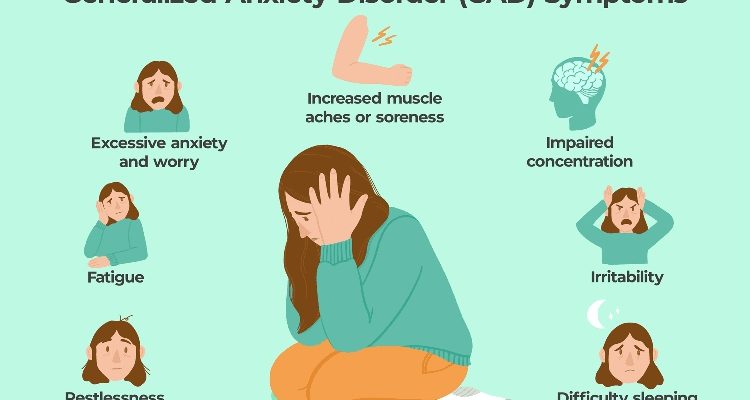What is anxiety?
What are the symptoms of anxiety?
5 major causes of anxiety
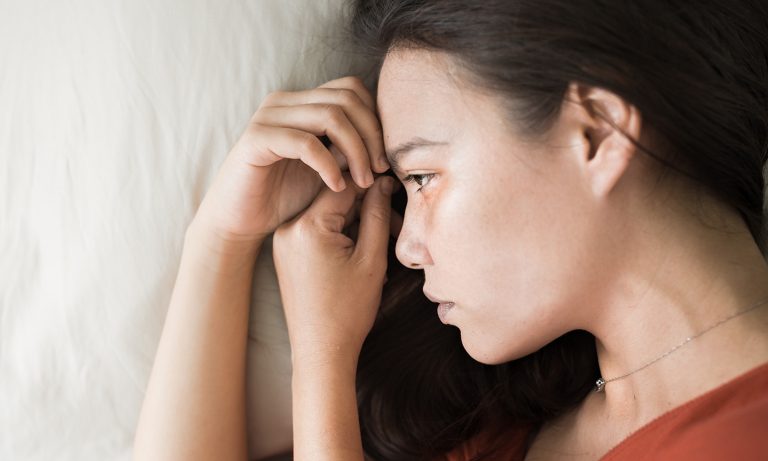
Five gigantic causes of anxiety will let you know about the main factors that encourage worry in a person. It is a psychological disorder. A person often suffers through stress even without knowing it.
You must know the causes behind because people are losing their lives and suffering from a lot. It is pathetic because the person who is going through from anxiety even don’t know that he is a victim. This article will let you know about the reasons of anxiety.
What is Anxiety?
It is your body’s natural reaction to stress. It is fear or anxious about what is to come. Some people may experience fear and doubt before giving a speech on the first day of class or going on a job interview, for example.
If your symptoms are severe, have lasted at least six months, and are interfering with your daily life, you may have an anxiety disorder.
What are the Symptoms of Anxiety?
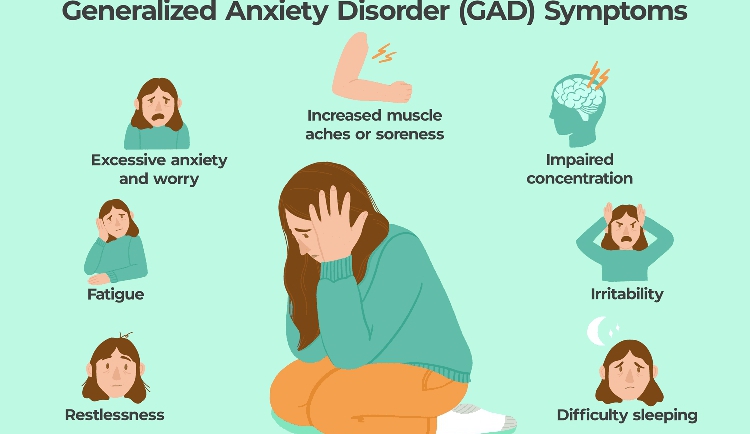
The following signs and symptoms are frequently linked to generalized anxiety disorder (GAD), despite the wide range of diagnoses that fall under the category of disorders:
- A general feeling of tension and fear
- More irritability as a result of ongoing anxiety
- Having trouble concentrating issues with getting to sleep or staying asleep at night
Although GAD symptoms are frequent daily, they can also be severe or persistent. The symptoms of GAD range from nebulous, unsettling dreads to crippling doubts that interferes with daily activities.
What are 5 Major Causes of Anxiety?
Some of the risk factors and causes for anxiety disorders are listed below.
Type Of Personality
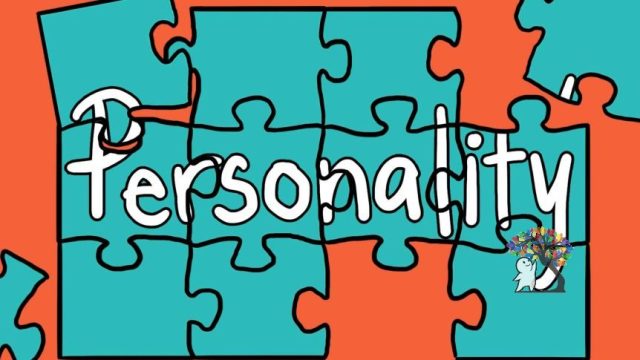
Your likelihood of experiencing anxiety and anxiety disorders may increase if you have certain personality traits.To understand how certain outlooks, such as a penchant for negative emotions, extraversion, and introversion, might affect a participant’s likelihood of experiencing anxiety and depression.
They discovered that young adults who were self-critical, struggled with criticism, or had a lot of negative thoughts and feelings were more likely to develop major depression, agoraphobia, panic disorder, and generalized anxiety disorder (GAD) over time.
People who scored high on the introversion scale were more likely to have agoraphobia than those who scored high on the extroversion scale.Even though they may act as “vulnerability factors,” the authors believe they are only a minor component of the overall picture.
Trauma

Many people experience anxiety after witnessing a shocking or terrifying event; this condition is known as acute distress disorder. However, persistent symptoms may indicate post-traumatic stress disorder. Symptoms usually appear three months after the incident but can appear months or years later.
Origin Genetic Component
If someone in your family has an anxiety disorder, you are more likely to develop one. Recent research suggests that genetic factors, in addition to social and economic factors, may be important.
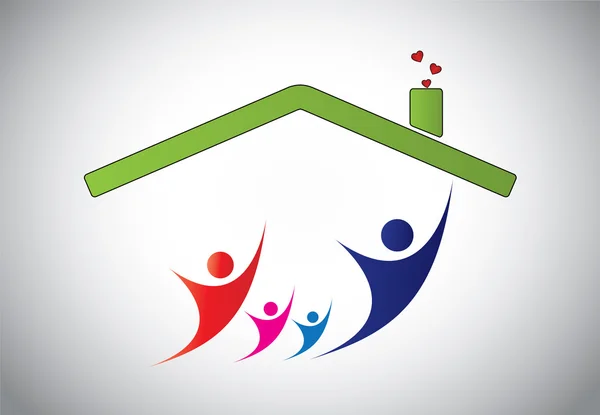
According to a 2019 study,A credible source investigated the link between inherited susceptibility to anxiety and stress-related disorders. According to the authors, having certain genetic traits may increase your chances of experiencing anxiety. These characteristics may run in the family and may cause anxiety.
Racism
Even after genetic factors are considered, people who face racial discrimination are more likely to suffer from anxiety and anxiety disorders.According to researchers who published a study in 2021, discrimination increases the likelihood of anxiety.
According to the authors, one should raise more awareness about the relationship between racism, other forms of discrimination, and social exclusion and how these things can affect people’s mental health.
Life’s Events

According to the American Institute of Stress, traumatic life events such as stress can increase your risk for anxiety.Examples include:
- Getting divorced
- Separated after a close relative dies
- Dealing with the legal system becoming ill or injured
- Running out of money or losing your job
- Significant life changes, such as buying a new house or getting married, can either cause or prevent the emergence of anxiety disorders.
Experts are unsure of the exact causes of anxiety disorders. The likelihood of each factor is affected by genetics, environment, and individual history.If your anxiety symptoms bother you or do not go away, schedule an appointment with your doctor.
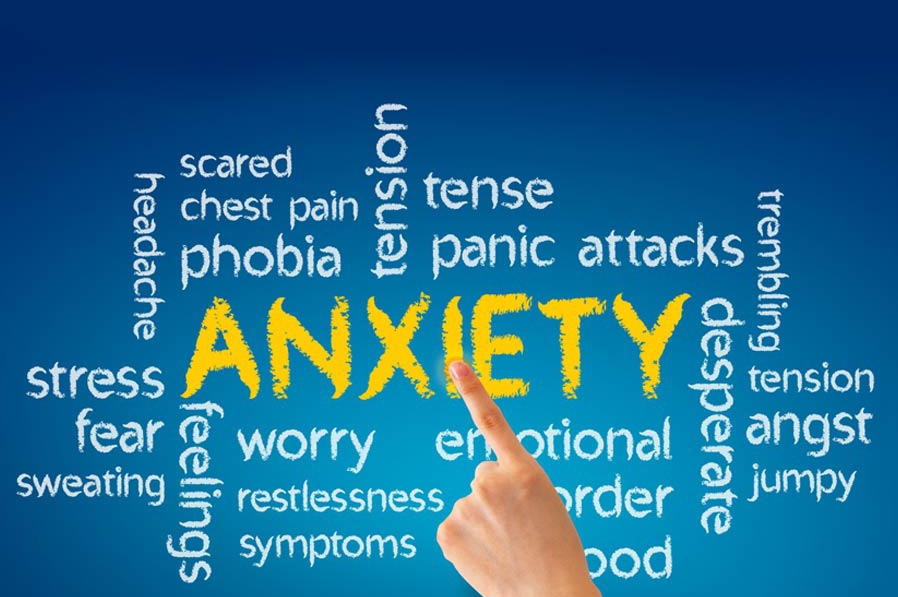
They can help diagnose it and create a treatment strategy for your symptoms. They might suggest behavioral modifications, therapy, medication, or other interventions.
Certain medical conditions and medications can bring on anxiety-like symptoms. The doctor will treat the underlying cause of your condition in such circumstances, or your doctor will adjust your medication schedule.

